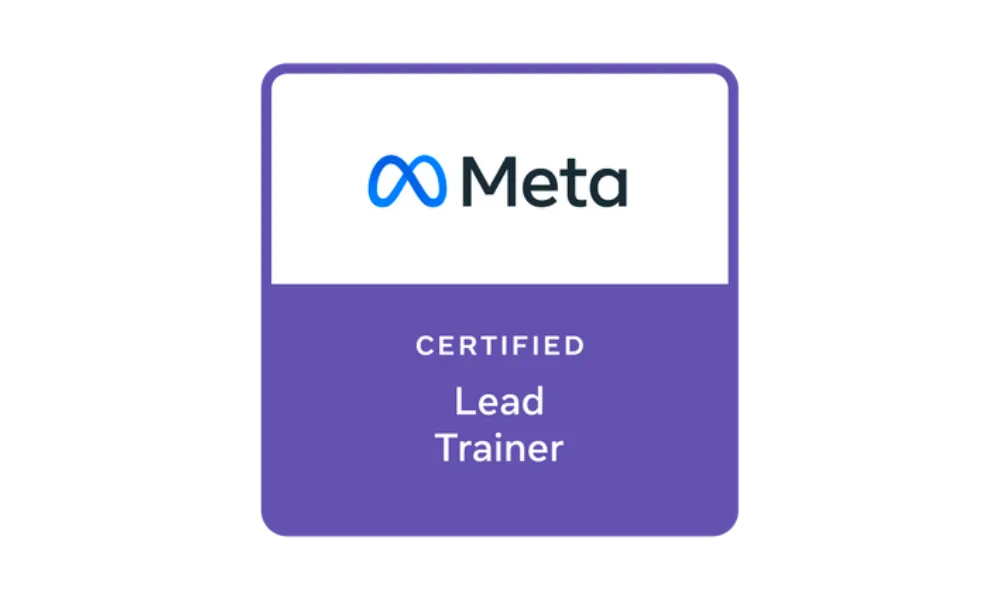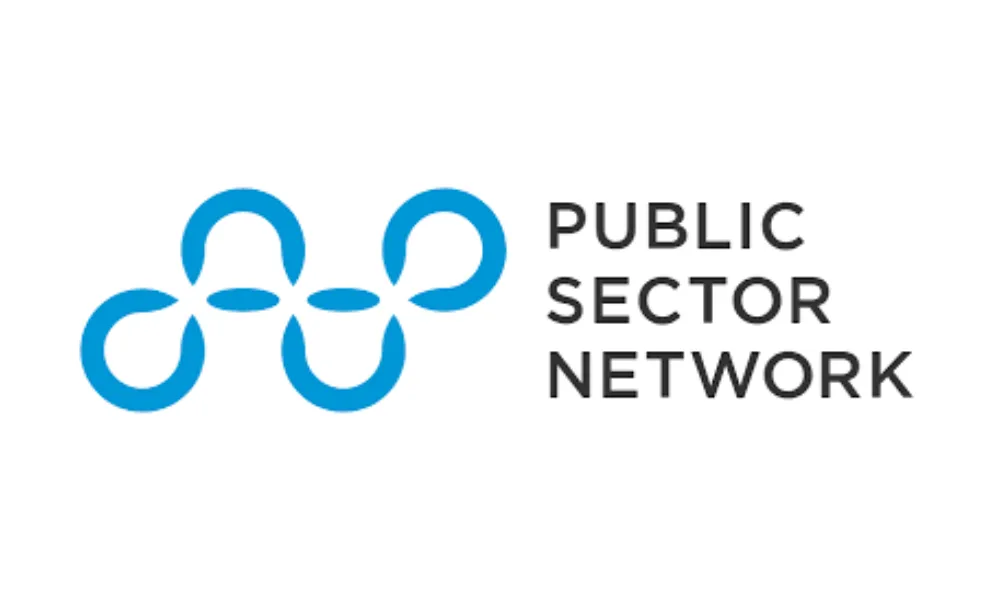Helping people and organisations be more efficient, effective and successful in today's world.
Become more confident, more strategic, more credible and more intentional.

Join the Movement
Join 12,000+ weekly readers of The Saturday Sprint for tools, strategies, and great stories about launching, growing, and sustaining your career or business in 2025.






I'm Dante St James.
I help people start and build great businesses
and train organisations in how to be
future-ready and effective for today.
You've probably noticed that the world has changed.
Since the arrival of the internet, the way we live and work has shifted.
Some people and businesses have failed to adjust, while others have thrived.
The trouble is that there is no instruction guide.
People are confused, hesitant and afraid.
Full time jobs are fast being replaced by contracting.
Retail stores and being swallowed by online stores.
Kids are on their phones all day. Adults feel helpless.
This is not the world our parents or grandparents could ever have imagined.
Individuals have more access to information, but less power.
Businesses are more efficient than ever, but are less effective.
Advertising is failing. Marketing isn't trusted.
There has to be a better way.
And there is.
People in control of their own lives. Businesses growing sustainably. Organisations achieving their goals.
And all of them ready for whatever the future may bring.
How I can help
Join the Movement
The Saturday Sprint Newsletter.
Each Saturday morning I send out a look at entrepreneurship, digital tools, ideas and challenges that I faced that week. It's free and over 13,000 people are already onboard with it each week.
Access Free Resources
Deep-Dive Articles & Free Mini Courses.
Every week I add a new deep-dive article into the world of entrepreneurship, small business, strategic planning, digital tools and online business.
I've also written three mini-courses in Writing Online, Personal Branding and Getting Known. They're free and accessible via your inbox each week for five weeks.
Attend Free Workshops & Webinars
Digital & Business Skills for Today.
I deliver weekly workshops and webinars in partnership with Darwin Innovation Hub in a range of digital skills including systems, social media, websites and more. I also cover how to launch startups, get funding and more.
Book training for your organisation
Digital & Business Skills for today's teams and organisations.
AI, social media, confidence, entrepreneurship, innovation - they are constantly on the lips of leaders and managers, but how can you roll out these important growth areas for your organisation? I have been training government, private sector and educational institutions for over a decade.
Book private training or coaching with me
Explore just how effective you can be.
There's only so much you can achieve through group workshops and watching videos. Eventually you find yourself wanting more - and wanting tailored help to get more done personally or for your organisation. I offer a range of private programs and coaching in business, entrepreneurship, digital skills, strategic planning, branding, marketing and you personal brand.
The Confidence to try new things.
The Skills to get things done.
The Drive to Innovate.
The Strategy to Succeed.
Start Here.
Your email is not shared with anyone and will not be used to send you anything apart from my newsletter.
Australian Digital Education & Retail Group Pty Ltd
ACN: 683428882
PO Box 36078 Winnellie NT 0820 Australia
Messsage Service: +61 440 137 779

